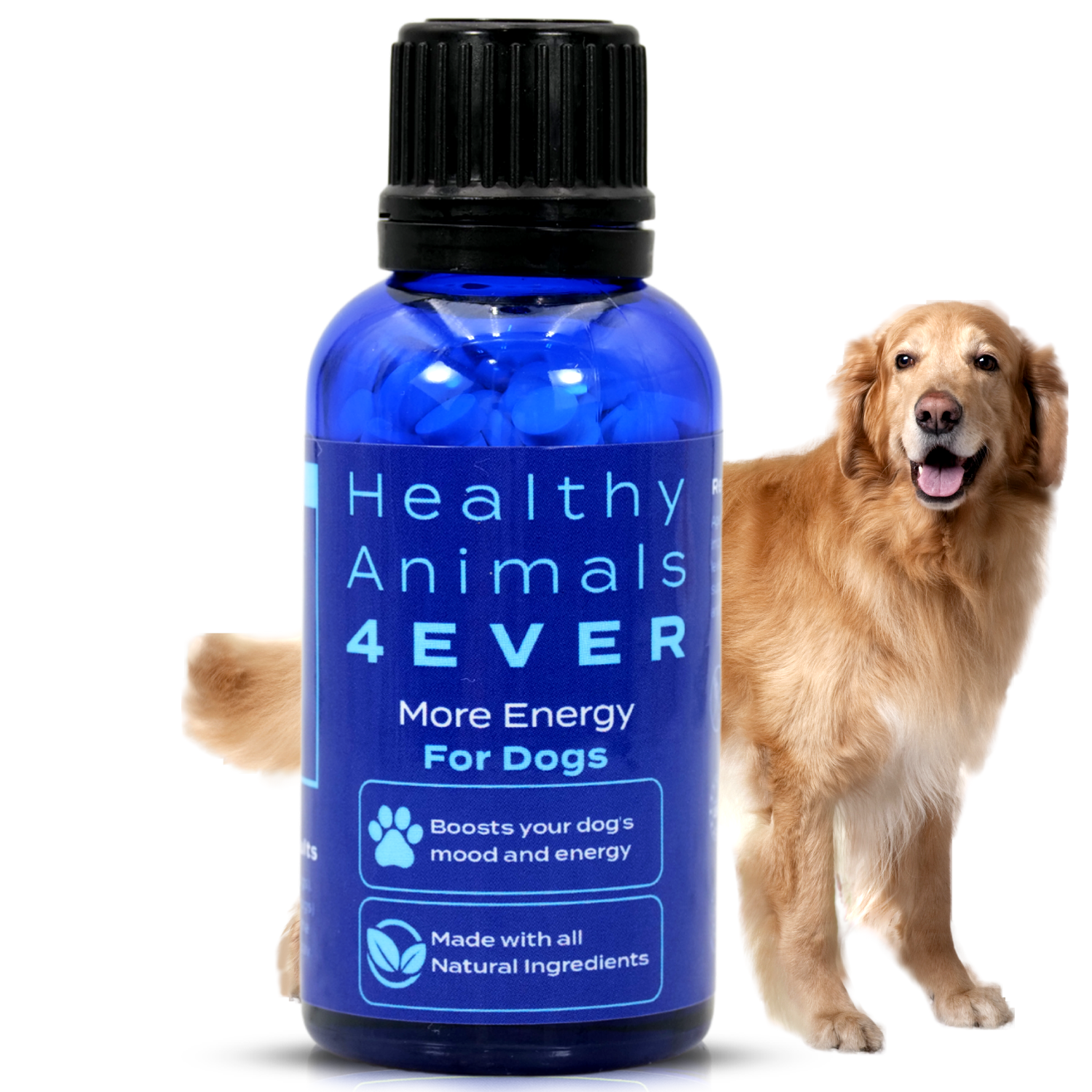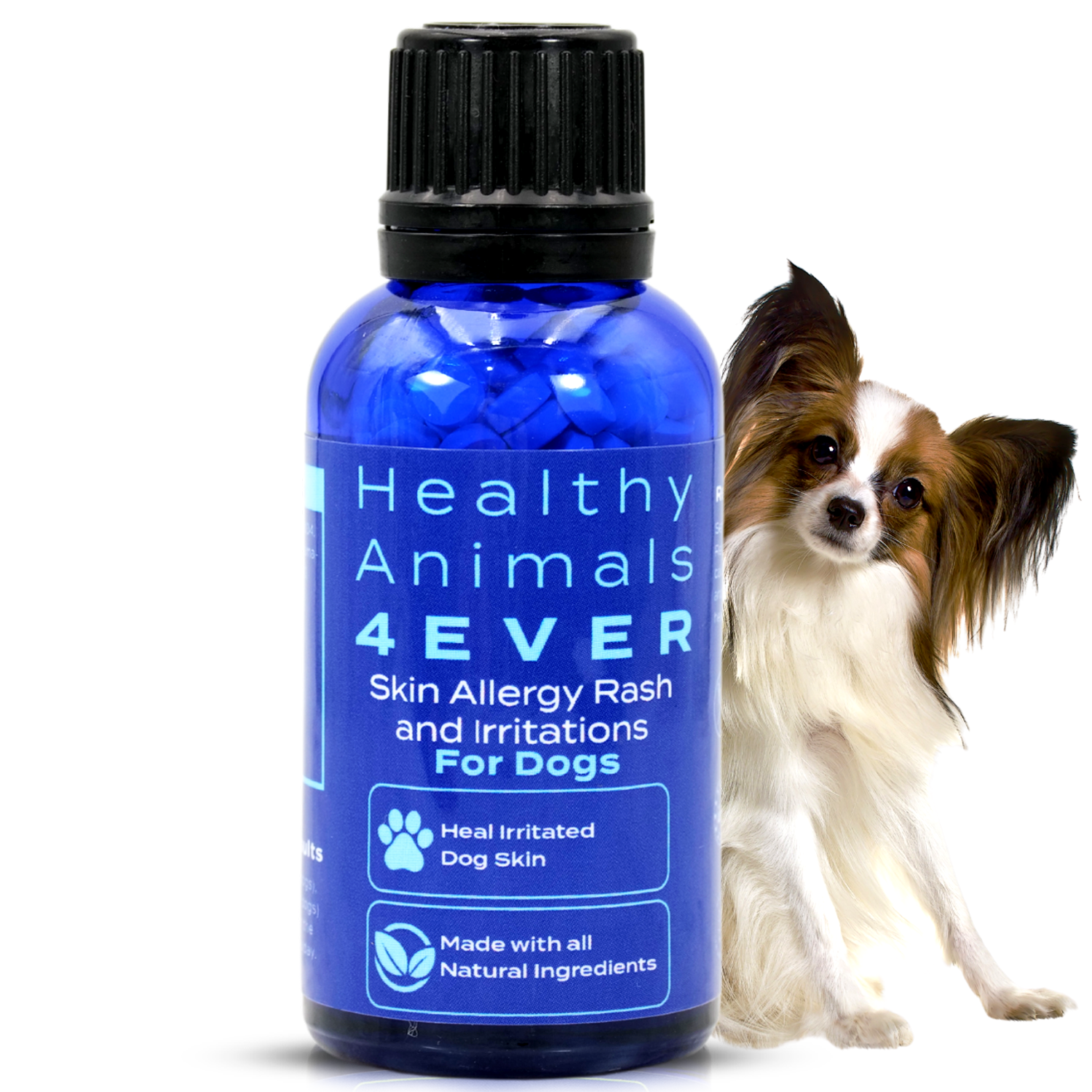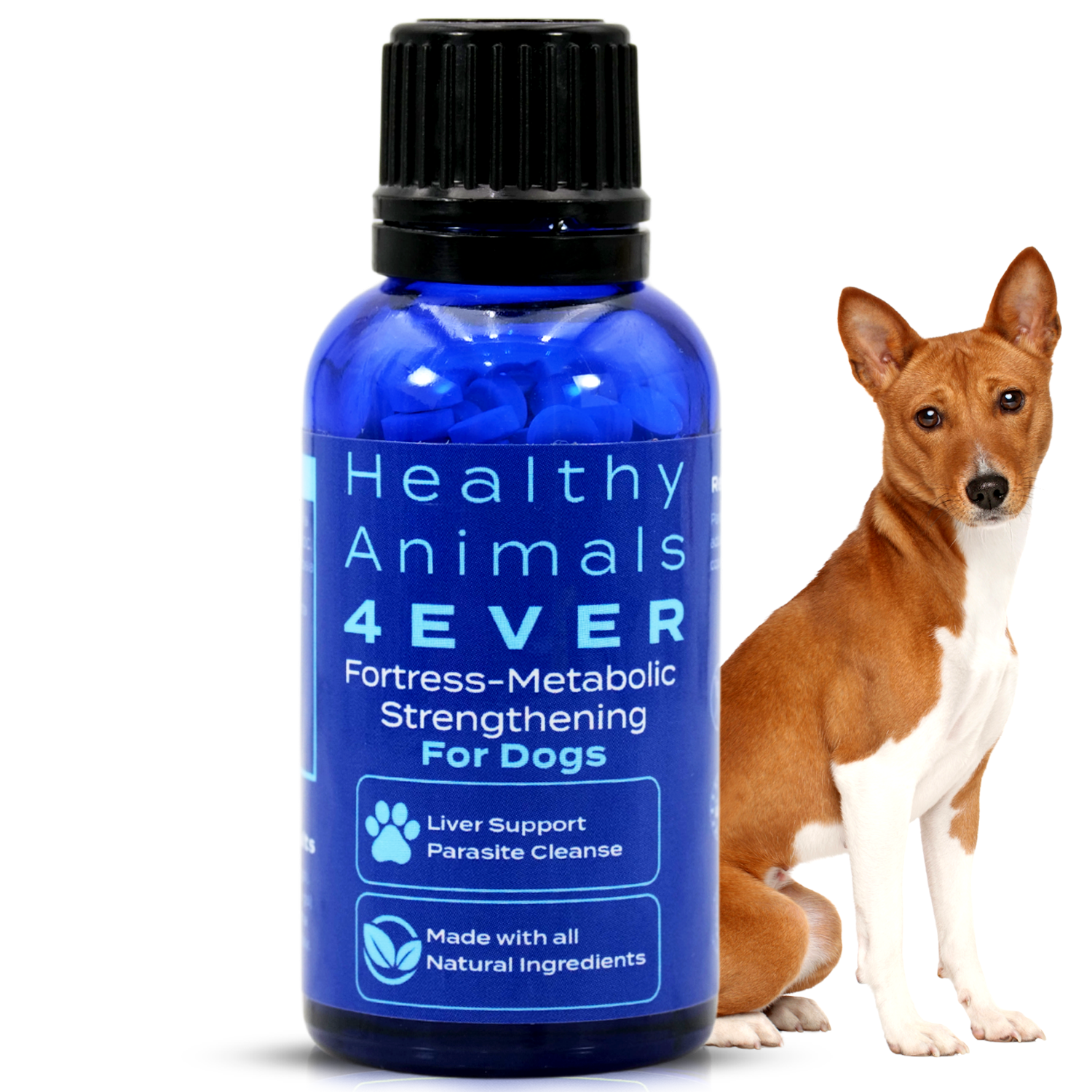THE BENEFITS OF HOLISTIC HEALTHCARE FOR PETS

Before we discuss the benefits of holistic medicine, it should be good to talk a bit more about what it actually is.
By AHVMA (American Holistic Veterinary Medical Association), a holistic veterinarian will define therapy for every animal using the best combination of both alternative and conventional therapies. That means the vet will take the whole picture of the animal- the disease, the pet's relationship with the owner, and the environment where the pet lives- and develop a treatment using a wide range of therapies available in both medicines. Holistic medicine looks at the body as a whole system, not just symptoms. In short, holistic medicine works to keep the body healthy and reset it back to health if it malfunctions.
A holistic veterinarian is interested in medical history, genetics, stress levels, environment, family relationships, nutrition, etc. In many acute situations, the best choice is to use drug therapy and surgery from traditional medicine and alternative techniques to provide a complementary whole.
To choose the best veterinarian, depending on your preferences, visit the AHVMA site, do a little research, and find a vet you think is the best choice for your pet.
Holistic treatments are
- Acupuncture
- Chiropractic
- Nutrition
- Aromatherapy
- Herbal medicine
- Chinese medicine
- Rehabilitation therapy
- Supplementation
- Homeopathy
- Reiki
- Animal communication
Acupuncture
It is an ancient Chinese technique often combined with traditional veterinary treatments. Veterinary with training in acupuncture is called a veterinary acupuncturist. An acupuncturist inserts thin needles in an animal's muscles, nerve fibers, and tendons to ease the symptoms of arthritis, allergies, neurological disorders, pain, anxiety, slipped discs, digestive issues, cough, etc. Acupuncture points on the body are locations with high nerve density. When a needle is inserted in that spot, the body releases signals that reduce pain or other health problems.
Most animals tolerate acupuncture pretty well. The veterinary technician and the owner hold the pet when the needles are inserted. The acupuncture needles are then kept in place for 10-20 minutes. During that time the owner can have the pet in their lap, or animals go into the pet carrier. When the animal moves around too much, the needles may fall off and need to be replaced.
Sometimes, when an animal has an infection, it doesn't let the veterinarian touch the body. In that case, an excellent alternative to acupuncture is acupressure, a massage of trigger points.

Acupuncture may not be a good therapy choice for severe injuries, serious illnesses, or older animals. Yet, for some pets, it can be a miracle treatment.
Chiropractic
To be called a pet chiropractor, a veterinarian must train in the subset of animal chiropractic. It is usually a 210 hours training program approved by ACCC (animal chiropractic certification commission). With this specialization, they can treat horses, dogs, and cats. Chiropractic may help with pain, urinary incontinence, osteoarthritis, stiffness, recovery after surgery, etc. It can also help boost the immune system. It can prevent some illnesses typical for specific breeds if started as pups. In animals, chiropractic is called Veterinary Spinal Manipulation Therapy (VSMT). When the nervous system is not functioning correctly, the whole body cannot work at full function. The entire body can function normally by aligning the spine (the main nerve pathway from the body to the brain).
At the first appointment, the veterinarian will do a complete exam, look at the medical history, do an x-ray, and do an assessment. The animal's needs depend on how many adjustments will be necessary. It is often performed on animals along with drugs as part of a holistic treatment approach.

Some side effects are expected, like sleepiness, soreness, or vocal problems. But if not performed properly, the issues might worsen. Be sure you visit a licensed chiropractor.
Nutrition
Did you ever think about your pet's food and how the food you feed your animals affects their overall health? Nutrition is, unfortunately, the most neglected medicine of all. In the United States, more than ever, animals suffer from allergies, obesity, cancer, and arthritis.
Proper nutrition is vital for your pet's health, and it should be well managed by the veterinarian and follow the animal's needs throughout its lifetime.
You have a lot to choose from. You can cook yourself; that way, you know what exactly your pet eats. Be sure to use well-balanced veterinary-formulated recipes. Or you can use pre-packaged products. They are much more convenient, and you can choose between wet canned food and dry kibbles. Many pet owners combine all three. If your pet prefers eating only dry food, be sure to give them enough water.
A well-balanced diet for pets includes:
- Proteins- for cells growth and muscle repair
- Fibers- help maintain solid feces, and contain minerals and vitamins
- Fats- provide energy and support skin and fur health
- Minerals and vitamins
Be sure your pet always has enough water supply. For pets, water is just as important as food. If you notice a change in how much water your pet consumes, consult your pet's vet. It can be a sign of health problems. Your pet should be on a specially formulated diet if it has an underlying medical condition.
Supplementation is often required to attain health. Today fruits and vegetables have 40% of the nutrients than 50 years ago. It is important not to give your pet vitamin supplements unless prescribed by the veterinarian. It will help you sort out what supplements your pet really needs and will benefit from.

And last but not least, it is not recommended for your pet to eat off your plate. It is the easiest way for your pet to get obese.
If you are unsure about your pet's diet, talk to your veterinarian and discuss the most suitable options.
Homeopathy
Homeopathy stimulates the body to heal itself naturally. A homeopathic remedy consists of a highly diluted active ingredient. Using homeopathic remedies for pets is the same as the use in humans. It is important to match the symptoms the animal is experiencing to the signs of the remedy. Homeopathic pet remedies come in different forms, such as sugar pills, liquid herbal extracts, and tinctures. For better results, they can be administered along with traditional medicines.
Here are a few most prescribed homeopathic remedies:
- Arnica Montana- to help heal bruises and cuts. It is suitable for pain relief and reduces bruising after surgeries. Arnica can be given orally or applied topically.
- Calendula ointment- for cuts, rashes, bruises, insect bites, and wounds. It decreases pain and inflammation. When taken internally, calendula has antifungal properties, so it can help to heal after a colitis bout.
- Nux Vomica- for constipation, vomiting, diarrhea
- Hypericum Perforatum- insect bites, sting wounds
- Sulfur- all skin problems, especially skin allergies
- Euphrasia- for eye problems
- Phosphorus- bleeding, relieving stress, nausea, diarrhea
- Rhus tox- skin infections, arthritis, eye problems
- Aconite- pain, trauma, fear
- Silica- sinusitis, abscess, skin problems
When you give the first dose of the remedy, wait for improvement for 30 minutes. Then you can give another dose. If there is no improvement after the second dose, try a different remedy. Remember, homeopathy is safe and natural, and if you give your pet the wrong remedy, nothing terrible will happen.
Traditional Chinese medicine
Traditional Chinese medicine (TCM) dates back thousands of years. It includes acupuncture, Chinese herbal medicine, Chinese therapeutic massage, tai chi, and moxibustion (burning herbs above the acupuncture points to apply heat). All these treatments are designed to support the body's self-healing. Qi is the foundation of TCM. It is life energy that flows through the body in meridians. Diseases come as a result when there is a lack of energy, or there is too much, or when Qi is blocked.
TCM herbs may come in many forms, such as teas, powdered spices, dry granules, small tea pills, etc. Herbs in that form can be mixed with the pet's regular tasty food and introduced gradually. Mainly used herbs are Astragalus (for immunity), Ginseng (for hypothyroid issues), Curcumin ( as an anti-inflammatory remedy), Goji berries (reduce blood sugar and cholesterol levels), Siler root (for immunity and arthritis), etc.
TCM can help heal many pets problems:
- Immune system disorders
- Gastrointestinal issues
- Arthritis
- Chronic skin problems
- Reproductive system disorders
- Anxiety
- Chronic respiratory diseases
- Neurological damage
- Ear problems
- Infection
- Medications side effects

TCM is often one of the safest treatments for pets, especially for those with side effects from conventional medicines or whose health problems don't allow traditional medical treatments.
Aromatherapy
Aromatherapy is believed to be 6000 years old. Even ancient Egyptians used essential oils for therapeutic purposes. Essential oils are plant extracts; derived by CO2 distillation, cold expression, distillation, or solvent extraction. Aromatherapy is a safe and effective natural treatment. Yet, it is crucial to remember that some oils good for humans may be toxic for pets at specific concentrations. Always consult a veterinarian before using essential oils at your home. Dogs and cats have a better sense of smell than we do. Something that smells good to us might be too much for them. Inhalation of essential oils is highly forbidden for birds because they have a more sensitive respiratory tract than humans. One more significant thing if you are using essential oils on your own. Be sure that the oils are highly diluted, use 1-2% of essential oil in a high-quality carrier oil (like olive or jojoba oil).
Benefits of aromatherapy: mood elevation, motion sickness prevention, immunity booster, antibacterial and antiviral properties, insect bites prevention, etc

You can use aromatherapy for pets in three ways:
- Diffusion- add 1-2 drops in water vaporizer and diffuse for 10 minutes. Be sure the pet receives the minimal concentration dose.
- Topical application- diluted in base oils, massage gently on the skin
- Ingestion- mixed with coconut oil or a fatty type of food
Let's see which essential oils your dog could benefit from.
- Bergamot-antianxiety
- Carrot seed- antiseptic
- German chamomile- anti-inflammatory
- Citronella- energy boost
- Cypres- for respiratory issues
- Geranium- ticks repellent
- Lavender- calming effect
- Nutmeg- arthritis, nausea
- Patchouli- antiseptic, diuretic
- Rosemary- allergies, insect bites
- Tangerine- fatigue, constipation
- Vetiver- reduces stress
Oils that may be toxic for dogs and you should avoid their use are Birch, Calamus, Cassia, Chenopodium, Goosefoot, Juniper, Pennyroyal, and Wintergreen.
Oils that work well for cats are:
- Cedarwood- insect repellent
- Eucalyptus- respiratory problems
- Jasmine- hormone balance
- Lavender- anti-stress, dermatitis
- Myrrh- pain, and anti-inflammatory
- Roman chamomille- contact dermatitis
- Rosemary- stress, fur loss
Avoid oils that contain phenols and monoterpene hydrocarbons (like cinnamon, oregano, thyme, orange, lemon, pine, bergamot, etc.) because the cat's liver can't metabolite these chemicals.
Bottom line
We can assist our pets in being healthy in so many different ways. We can reach holistic treatment and lifestyle even before the disease sets in. It is advisable to reach holistic therapeutic early to get the best results. When disease happens, try a holistic approach to undo the disease process.
Always discuss with your pet's veterinarian for the best possible treatment combinations. And do some research yourself; you best know your pet.
Sources: PetMd, VetStreet, AromaWeb, Aromatherapy pet care Gerrard Larriett, HealthyAnimals4ever, AHVMA, Holistic Veterinary Care, St, George's Univerisity, HomeoCan, Wag, WebMD











